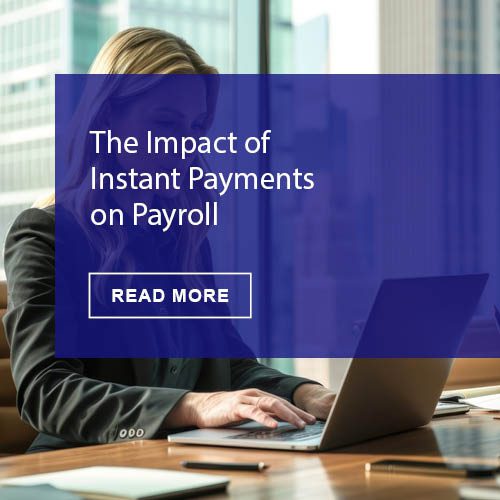Asset-Backed Securitizations (ABS) provide credit card issuers with a method to reduce their funding costs by moving accounts off their books and into the hands of investors. Credit card issuers retain the servicing rights, and institutional investors have a channel for predictable returns. In the United States, every top credit card issuer uses FICO Scores to grade their portfolios, which gives investors a standard tool to understand receivable risk. We covered the ABS in this Mercator Classic: Asset-Backed Securities: A Primer for Credit Card Managers.
Today’s read comes from S&P Global, a market intelligence group, which is a part of a top rating firm. A rating firm provides input on the value and risk of an Asset-Based lending offer. The investment is not for the mainstream investor, like you or me, but rather an institutional investor. Institutional investors include pension funds, insurance companies, venture capital funds, real estate investment trusts, and banks and credit unions.
A report dated April 27, S&P Global reviews credit card asset-backed securitizations’ operational performance in today’s COVID environment. Similar to the solid quarterly results posted by credit card issuers for 1Q21, ABS results are on the mark.
- Net charge-offs and delinquencies for major credit card issuers declined both sequentially and on a year-over-year basis in March, and the improving economic backdrop has buoyed the expectations of banking executives.
- The group average charge-off rate declined to 1.95% in March, down 5 basis points from February and 59 basis points from the year-ago period, for JPMorgan Chase & Co., Bank of America Corp., American Express Co., Citigroup Inc., Capital One Financial Corp., and Discover Financial Services. The average credit card delinquency rate declined to 1.08% in March from 1.18% in February and down by 42 basis points from 1.50% in March 2020.
And, investor returns-exponentially better than today’s 3.25% Prime Rate!
- The average trust portfolio loan gross yield for the six large card issuers recovered to 21.93%, up from 20.44% in February and 19.67% in the year-ago period.
Bank of America delivered master trust charge-off rates of 3.09%, the worst of the lot but much better than the 3.5% industry standard. Behind BoA was Citi at 2.49% and JPMC at 2.02%. According to the report, Discover Financial Services landed at 1.74% followed by Capital One at 1.5%, and American Express at a mere 0.87%.
BoA CEO Brian Moynihan reported no more payment deferrals left. Roger Hochschild, Discover CEO, expected that payment rates would remain elevated for the year as households ”use savings to meet debt obligations.”
With 30-day delinquencies on master trusts landing between 0.56% and 1.31%, it is easy to see the FICO Scores’ stable approach to risk management.
But, as Discover’s CFO, John Greene, warns, there may be bumps ahead: “anticipates credit losses to likely be flat to down this year with the possibility of some increase in 2022.”
Overview provided by Brian Riley, Director, Credit Advisory Service at Mercator Advisory Group











